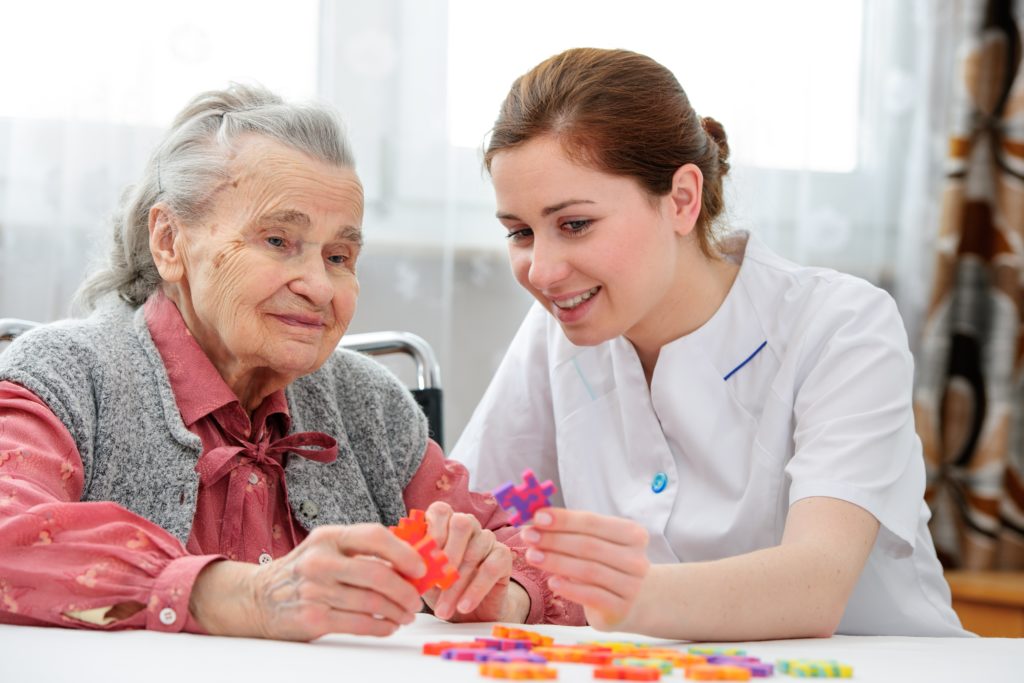
How to deal with loss and grief when working in Aged Care
Kirana Colleges offers Cert 3 in Individual Support (Ageing), Cert 4 in Ageing Support, and Cert 3 in Individual Support (Ageing & Disability).
When your job requires you to work alongside vulnerable individuals, it can make for an extremely fulfilling and rewarding career. While it might be an incredibly worthwhile vocation that can create positive ripples in your personal life, it is also an extremely challenging and dynamic one. Not every day will be a good day, especially when you are dealing with the ageing population. While a lot of expertise in individual support is acquired on the job, completing a CHC33021 Certificate III in Individual Support (Ageing) will help give you the skills and knowledge to provide quality, person-centered support, surrounded by like-minded and passionate people like yourself.
If you’d like more information about our CHC33021 Certificate III in Individual Support (Ageing) qualification, click here for more information.

Types of grief and loss for Ageing Individuals
There are different faces of grief and loss amongst the elderly that can be just as debilitating as a physical illness. While the death of a loved one is usually the first thing that springs to mind, it’s easy to overlook other causes of grief and loss, such as the grief associated with a chronic or incapacitating illness. People often must come to terms with the new standards that define their health or affect their mobility. For example, becoming suddenly confined to a wheelchair can dramatically impact the mental well-being of an individual and the elderly are no exception. Just because people know they are ageing, does not mean they are always mentally prepared to deal with the upshots. Therefore, it’s important to understand that there are different causes of emotional trauma so that no individual’s struggle is disregarded. Some examples of causes include:
- The loss of a friend, family member, or fellow resident (if in residential care)
- The onset of chronic or debilitating diseases, such as dementia
- Severely reduced quality of life
- Environmental changes or feelings of displacement, such as moving from a home into residential care
- Changing of long-time carers or assistance staff
Signs that someone is experiencing the above are if they are in denial, quick to anger, prone to depression, largely moody, or become withdrawn.
Types of grief and loss for workers in Aged Care
The mental well-being of workers in Aged Care is sometimes disregarded as well. However, if left ignored, this can take a huge toll on the individual and affect both their working and personal lives.
An important thing to remember is that Aged Care workers create and maintain strong relationships with those they are looking after. In many instances, the bond that is shared between the person receiving care and a carer transcends “just a working relationship”. So when you experience the death of a client or person under your care, it’s the same as losing someone very close and important to you.
Some general causes of feelings of grief and loss amongst Aged Care workers are:
- Death of a client or receiver of care
- Overwhelming feelings of stress from work
Workers in Aged Care are professionals who have completed the relevant training and qualifications and have on-the-job experience to help them navigate through the most sensitive times. However, anyone can have a difficult time dealing with feelings of grief and loss, so we have a few tips to help you get through.
- Talk about it! There is nothing worse than letting things bottle up. Prompt the receiver of care to verbalise what they are feeling with you or anyone else they feel comfortable with. And take that advice for yourself too.
- Look after the physical. Often when our mental health is suffering, we tend to neglect other aspects of our wellbeing. Try to keep up light physical activity, get involved with group exercise, and eat as well as you can. Poor diet and lack of exercise can significantly impact the healing process.
- Don’t deny or suppress what you’re feeling. One common reaction is to pretend that what you are experiencing isn’t impacting you at all or taking its toll on your mental health. Instead, engage in practices that acknowledge the emotions, such as attempting to discuss the lifestyle changes or the loss and confront it head-on.
- Remember: everyone grieves differently, so how you cope with loss will greatly differ from how someone else deals. It can also be a rollercoaster of emotions for some while for others, it can be short-lived and less impactful. The most important thing is to remain compassionate, understanding, and empathetic of other’s experiences, even if the individual is downplaying their emotions.
It’s never too late to learn more skills related to the industry, brush up on your knowledge, or finally attain a qualification and start working. Come and study Certificate III in Individual Support (Ageing) with us by clicking here.
Speak to one of our Course and Career’s Advisors
if you have any further questions!
Pick a time: lunchtime, after the kids are in bed, anytime. We’ll call you back.



